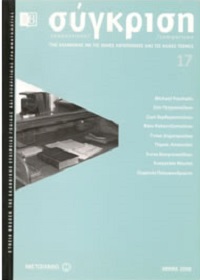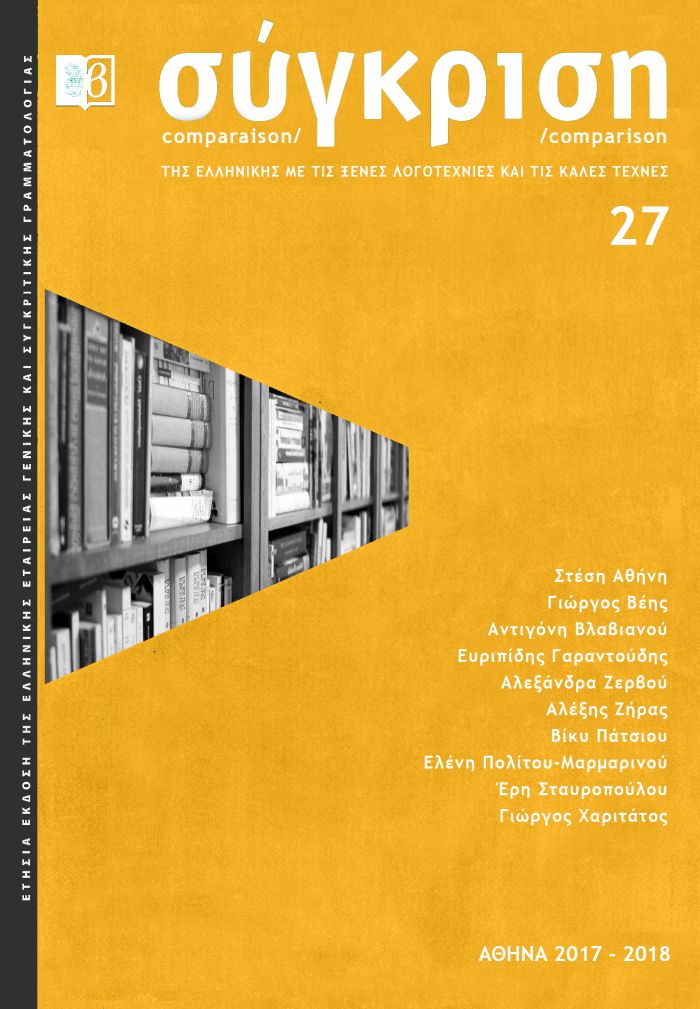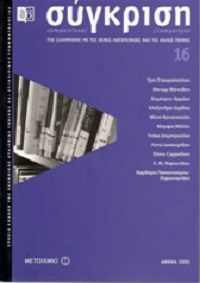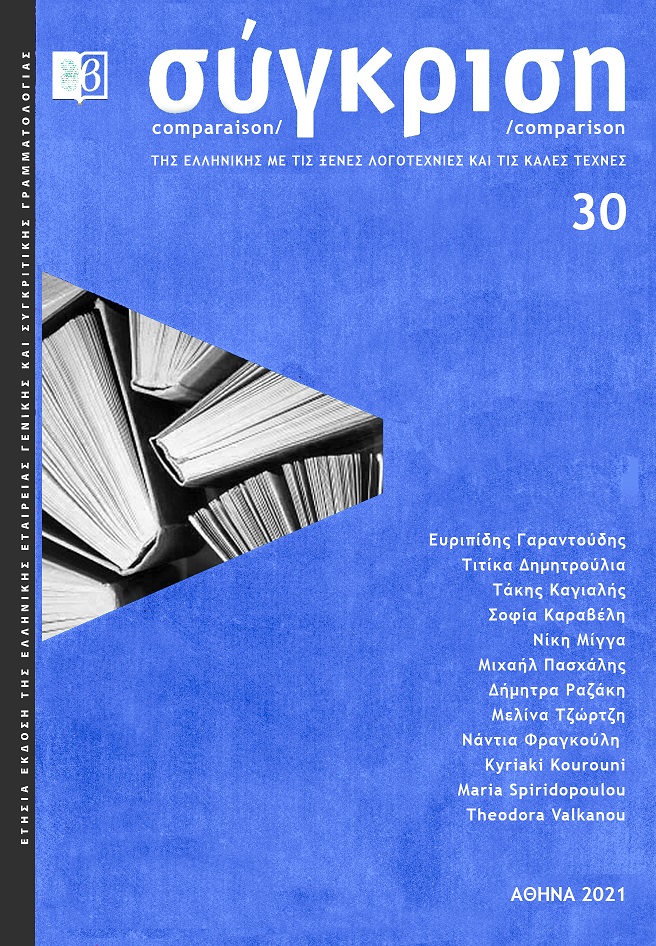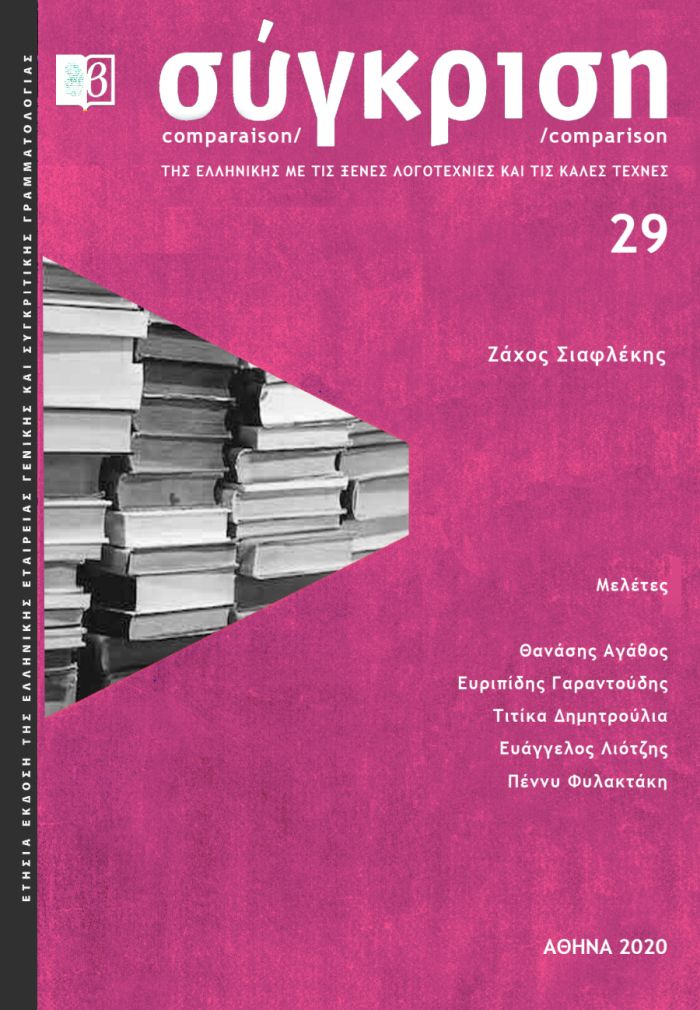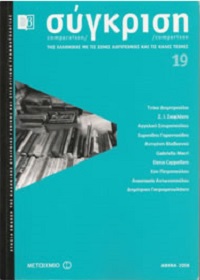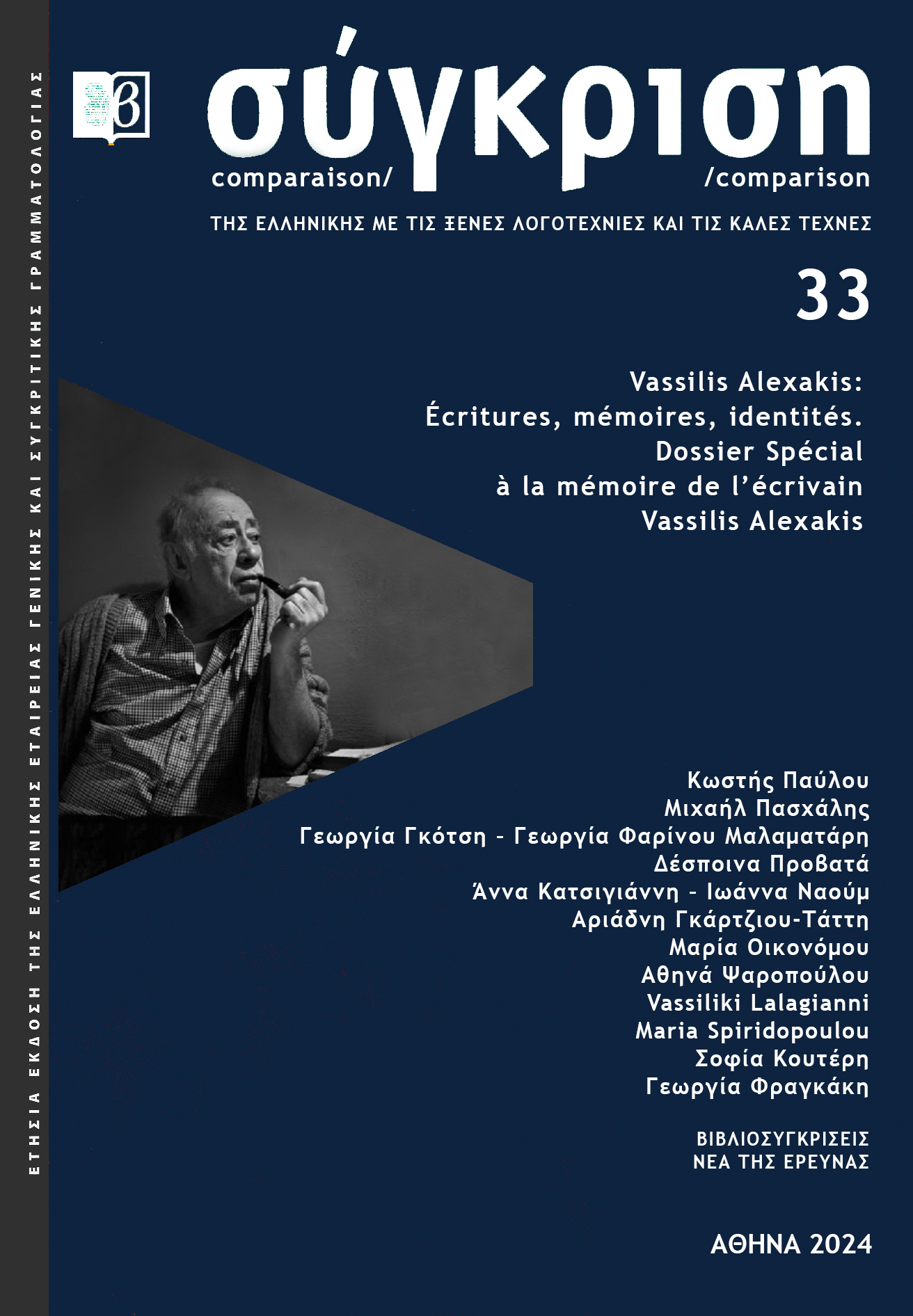ΤΙΤΙΚΑ ΔΗΜΗΤΡΟΥΛΙΑ, Τα ηλεκτρονικά σώματα κειμένων και η ανάλυσή τους. Ερευνητικές προοπτικές για τη μελέτη της λογοτεχνίας
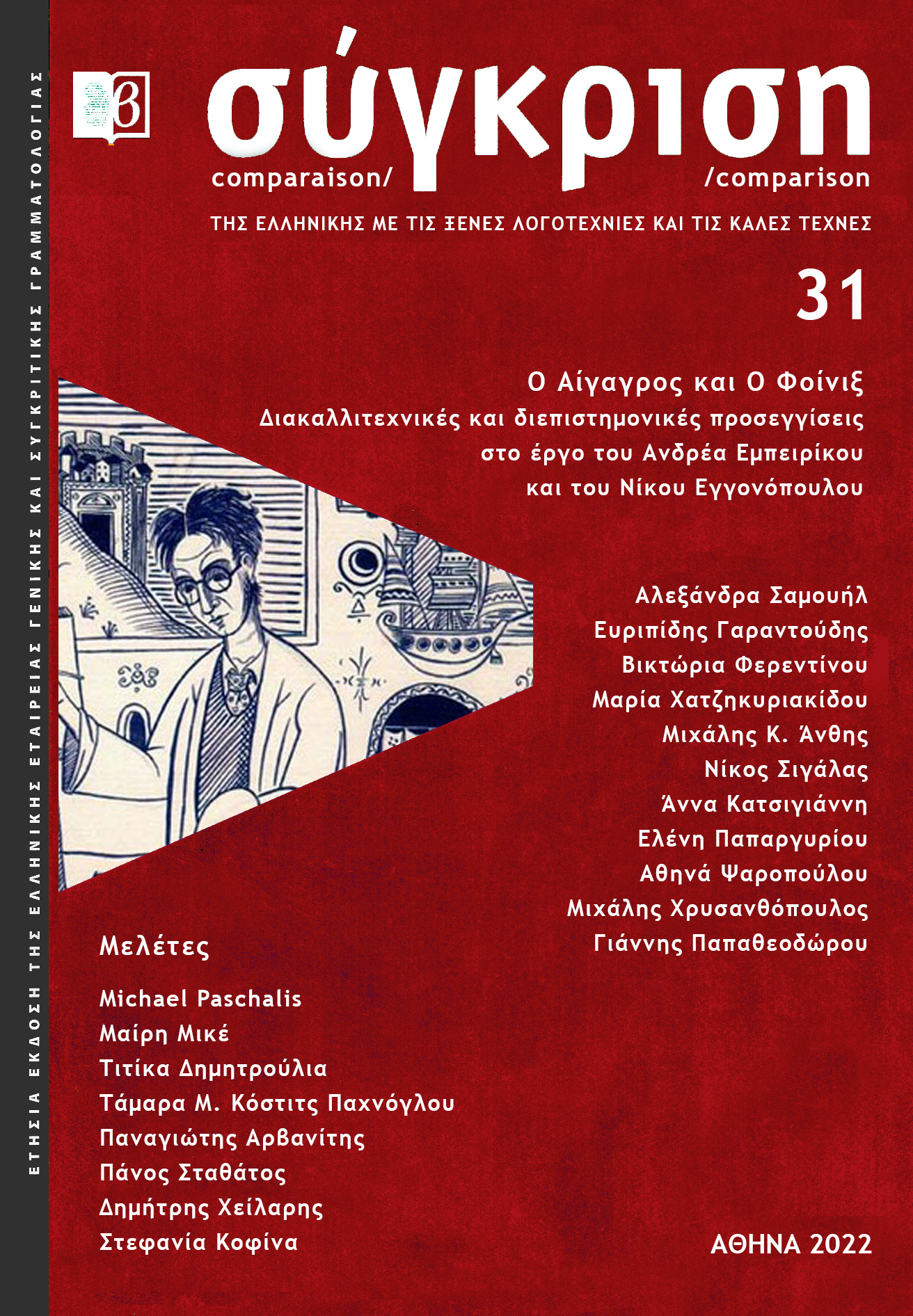
Περίληψη
Les corpus numériques et leur analyse. Perspectives interprétatives dans l’étude de la littérature
Cet article se propose de donner un aperçu de l’utilisation des corpus numériques dans les études littéraires et de l’apport de leur analyse à l’aide des outils numériques à la recherche. Il vise à présenter brièvement, dans une perspective herméneutique, la textométrie, comme cette méthode s’appelle dans le domaine francophone où elle a une longue histoire, de discuter les problèmes relatifs aux outils de traitement de la langue grecque, et de donner quelques exemples de son application à l’étude de la littérature néohellénique. Son objectif serait d’encourager l’explora- tion de la méthode par les chercheurs grecs, dans le cadre la transformation numérique de la recherche des sciences humaines et sociales.
Λεπτομέρειες άρθρου
- Πώς να δημιουργήσετε Αναφορές
-
Δημητρούλια Τ. (2022). ΤΙΤΙΚΑ ΔΗΜΗΤΡΟΥΛΙΑ, Τα ηλεκτρονικά σώματα κειμένων και η ανάλυσή τους. Ερευνητικές προοπτικές για τη μελέτη της λογοτεχνίας. Σύγκριση/Comparaison/Comparison, 31, 160–184. https://doi.org/10.12681/comparison.32406
- Τεύχος
- Τόμ. 31 (2022)
- Ενότητα
- Άρθρα

Αυτή η εργασία είναι αδειοδοτημένη υπό το CC Αναφορά Δημιουργού – Μη Εμπορική Χρήση – Παρόμοια Διανομή 4.0.
Οι συγγραφείς των άρθρων που δημοσιεύονται στο περιοδικό Σύγκριση διατηρούν τα δικαιώματα πνευματικής ιδιοκτησίας επί των άρθρων τους, δίνοντας στο περιοδικό το δικαίωμα της πρώτης δημοσίευσης. Άρθρα που δημοσιεύονται στο περιοδικό Σύγκριση διατίθενται με άδεια Creative Commons 4.0 και σύμφωνα με την άδεια μπορούν να χρησιμοποιούνται ελεύθερα, με αναφορά στο/στη συγγραφέα και στην πρώτη δημοσίευση για μη κερδοσκοπικούς σκοπούς και με δικαίωμα τροποποίησης μόνον με παρόμοια διανομή (αν αναμείξετε, τροποποιήσετε, ή δημιουργήσετε πάνω στο υλικό, πρέπει να διανείμετε τις δικές σας συνεισφορές υπό την ίδια άδεια όπως και το πρωτότυπο).



